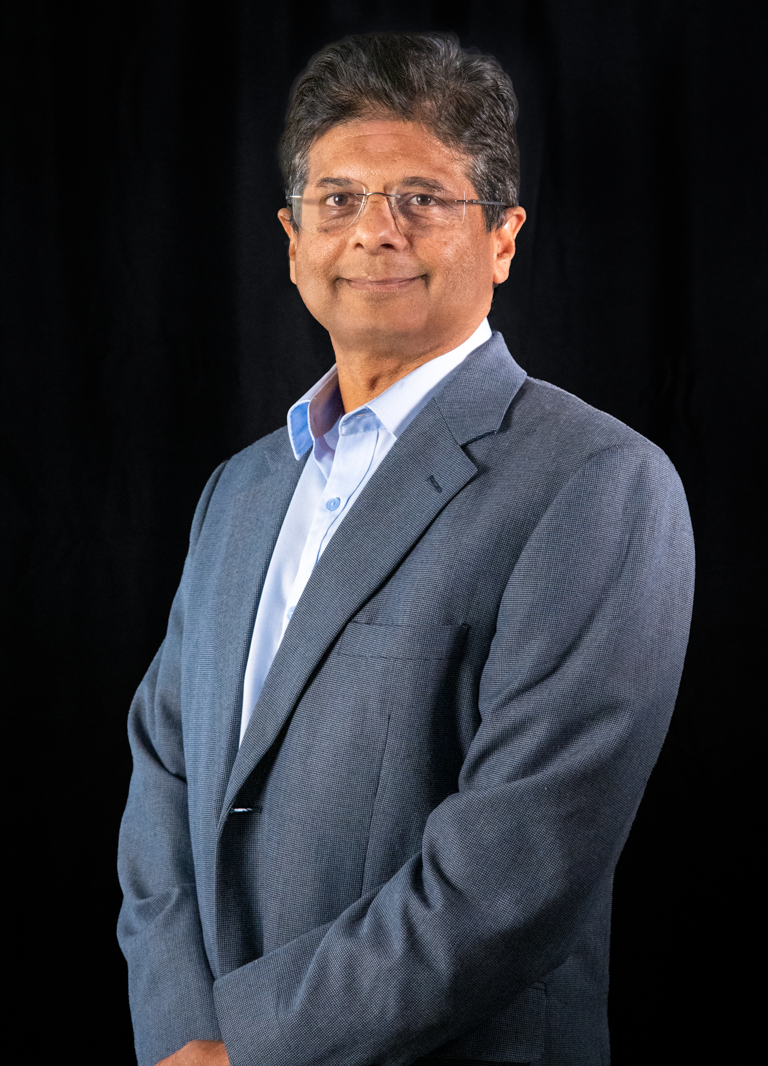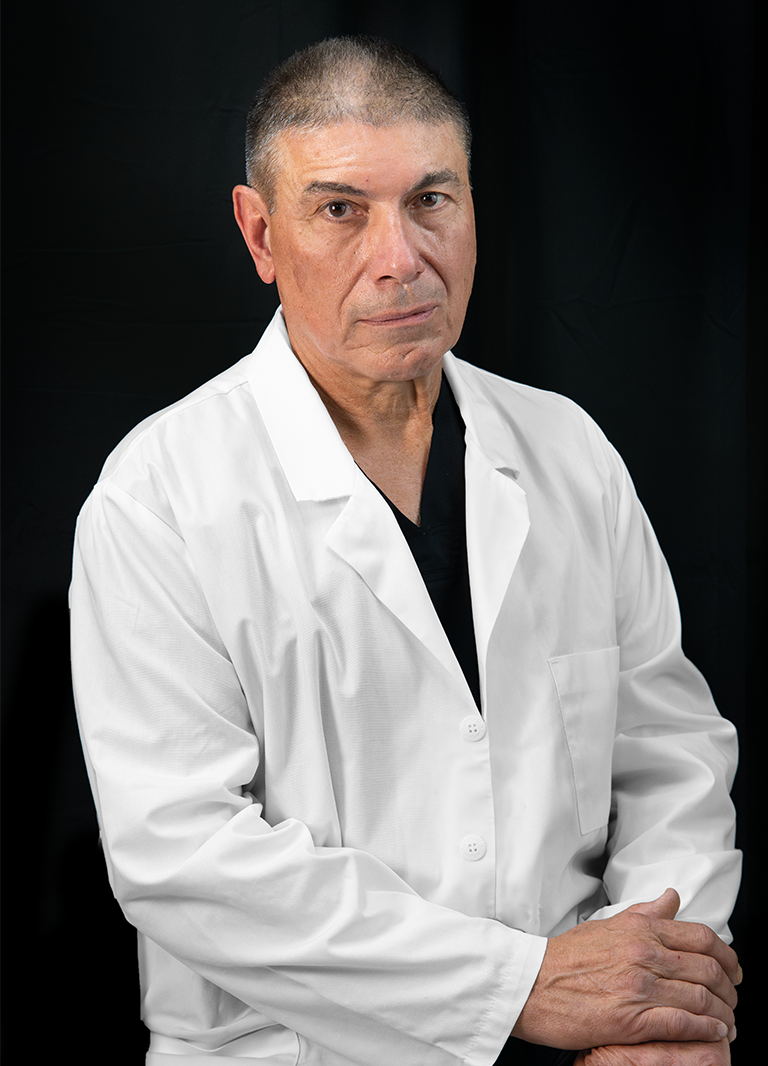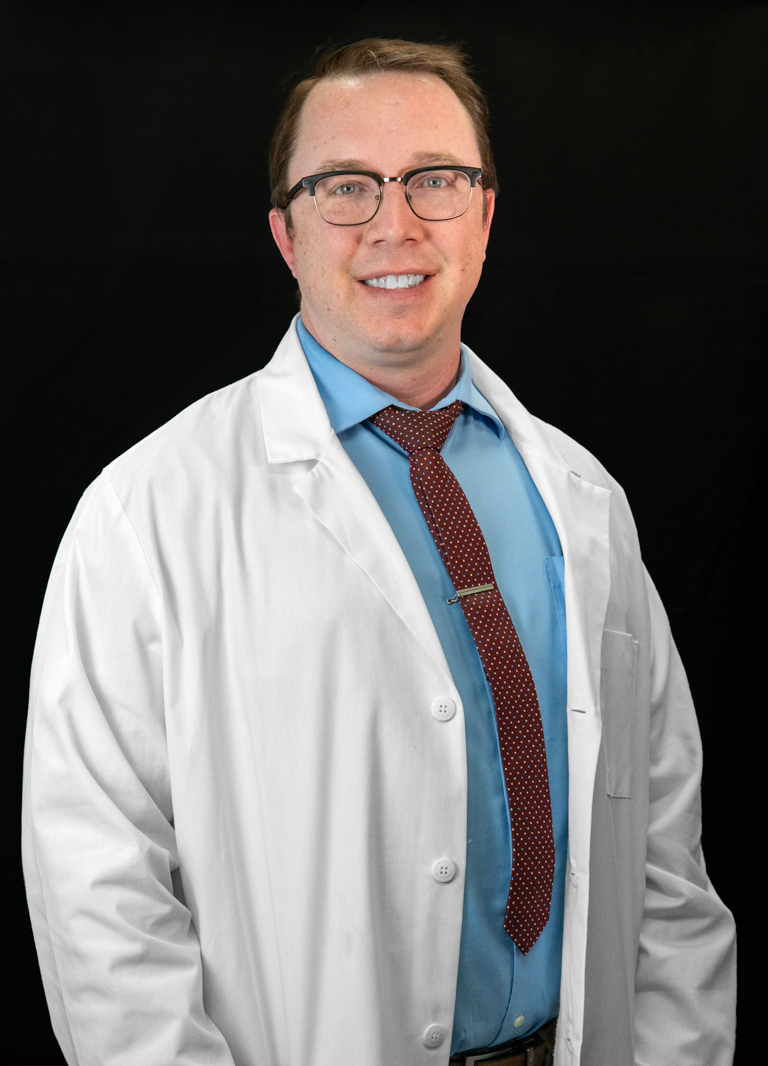Cataract Surgery
Removal of cataracts is crucial to prevent severe loss of vision and the debilitating effects that this common condition can cause.

Request An Appointment
Advanced Technology & Lens Options for Cataracts Learn More
Advanced Technology & Lens Options for Cataracts Learn More
Learn More
Cataract Surgery Recovery
Cataract Surgery Recovery
Learn More
How Much Does Cataract Surgery Cost?
How Much Does Cataract Surgery Cost?
Learn MoreRequest an appointment online
31 Answers to Your Cataract Surgery Questions
31 Answers to Your Cataract Surgery Questions
31 Answers to Your Cataract Surgery Questions
Cataract surgery is a popular treatment for cataracts, a condition that clouds the eye’s lens. Early signs of cataracts include cloudy vision, difficulty seeing at night, light sensitivity, and seeing…
Is It Possible to Reverse Cataracts Without Surgery?
Is It Possible to Reverse Cataracts Without Surgery?
Is It Possible to Reverse Cataracts Without Surgery?
Cataracts are one of the most common eye health problems. Globally, cataracts cause a third of severe visual impairments, according to the World Health Organization. Described simply, when you have…
Locations
275 W. 28th St. Ste #2
Yuma, AZ 85364
Surgery Center
11551 S. Fortuna Rd. Ste E
Yuma, AZ 85367
Clinic





